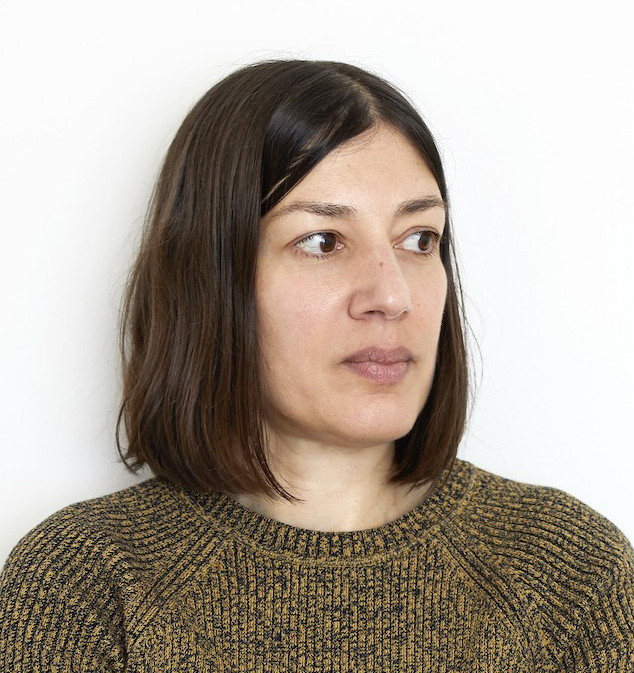Natasha Reid's designs champion social and psychological wellbeing
The world is changing and architecture is adapting, and a new wave of young practices in London emerges. They are armed with bold ideas, digital tools, new studio set ups and innovative designs and approaches. In our Next Generation series, join us in hailing this nexus of exciting studios from the UK capital through an ongoing series of weekly profiles. Among them, Natasha Reid of Matter Space Soul flags up the importance of people's social, emotional and psychological wellbeing in architecture.

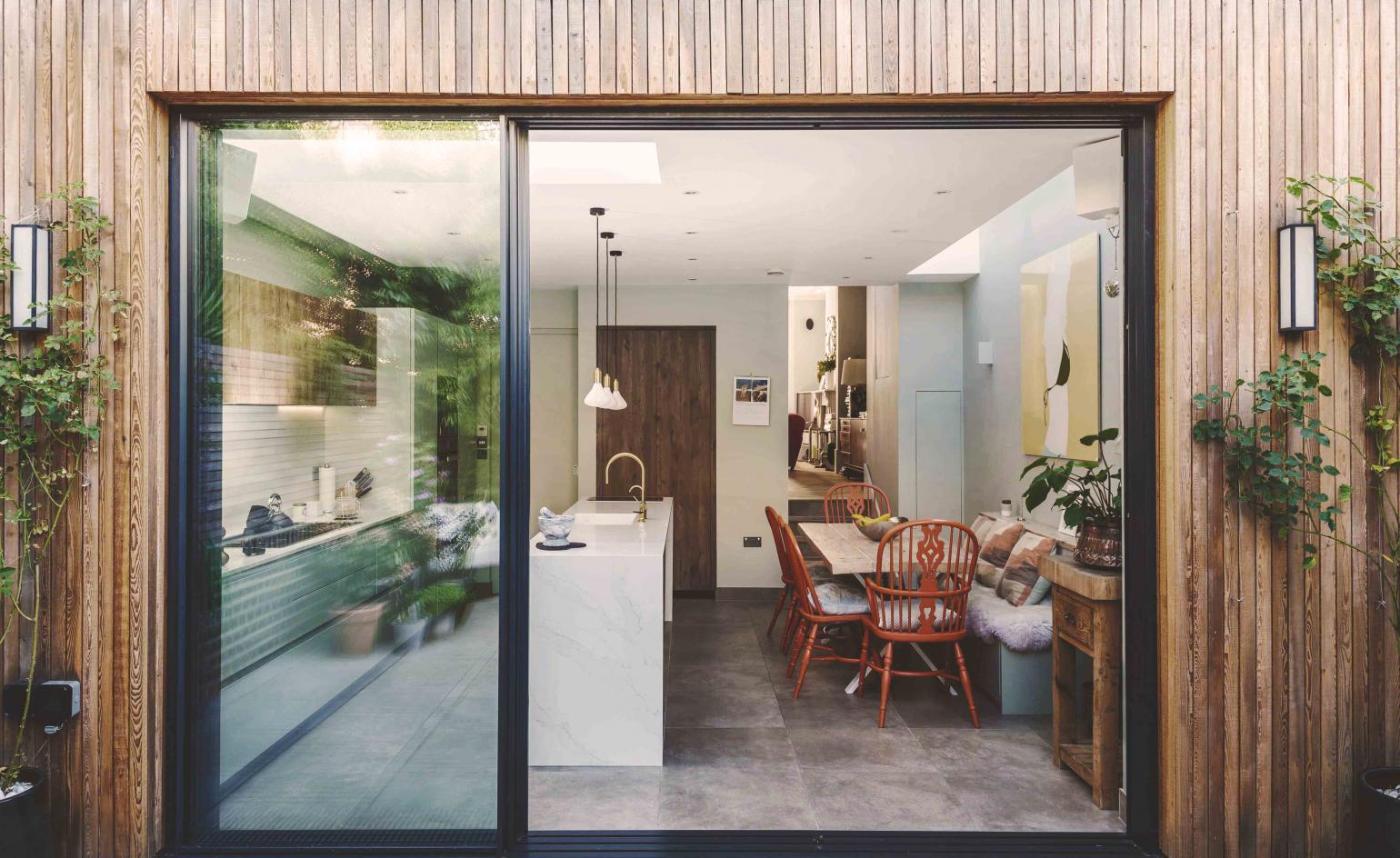
Receive our daily digest of inspiration, escapism and design stories from around the world direct to your inbox.
You are now subscribed
Your newsletter sign-up was successful
Want to add more newsletters?

Daily (Mon-Sun)
Daily Digest
Sign up for global news and reviews, a Wallpaper* take on architecture, design, art & culture, fashion & beauty, travel, tech, watches & jewellery and more.

Monthly, coming soon
The Rundown
A design-minded take on the world of style from Wallpaper* fashion features editor Jack Moss, from global runway shows to insider news and emerging trends.

Monthly, coming soon
The Design File
A closer look at the people and places shaping design, from inspiring interiors to exceptional products, in an expert edit by Wallpaper* global design director Hugo Macdonald.
Matter Space Soul is a small architecture lab and consultancy founded in London, initially as Natasha Reid Design in 2014, then evolving into its current iteration in 2019. This is a spatial practice with a difference – namely placing a focus on people’s emotional, social and psychological wellbeing.
‘We are passionate about reframing the way our built environments are created and look to spark change in the industry through innovative research projects that challenge the status quo,' says practice head Natasha Reid. ‘How we can better shape places in response to people’s needs, create solutions for changing patterns of life in the 21st century and develop new ways that are fit for the societal challenges and possibilities of today?'
While it is common for architecture professionals to place their user at the heart of their processes, taking an approach on the matter as proactive as that of Reid's is far rarer. Her team follows a research-led path, working with psychologists and other science specialists in an effort to shape the invisible and create ‘joyful, soulful' places. ‘Whilst we come from architectural backgrounds, our aim is actually not to design buildings, although this is the visible outcome of our projects,' she explains. ‘Instead, we see our work as creating experiences that can improve the ‘human performance' of places. For us, this means the impact of places on people’s wellbeing and happiness, sociability, sense of identity and so on.'
Indeed, the effects of Reid's methods are not immediately obvious to the eye; but results seem to speak for themselves. By employing nature inspired, biomorphic design principles, her design for the Mondrian Suites hotel in Berlin transformed what was a sterile space in a part of town that suffered from crime, into a place that feels safe, vibrant and welcoming to guests, as well as connected to its wider neighbourhood. A similar approach was taken in her solution for a humble London rear extension, Larch House, which created an urban sanctuary for a small family to enhance connection and togetherness among users.
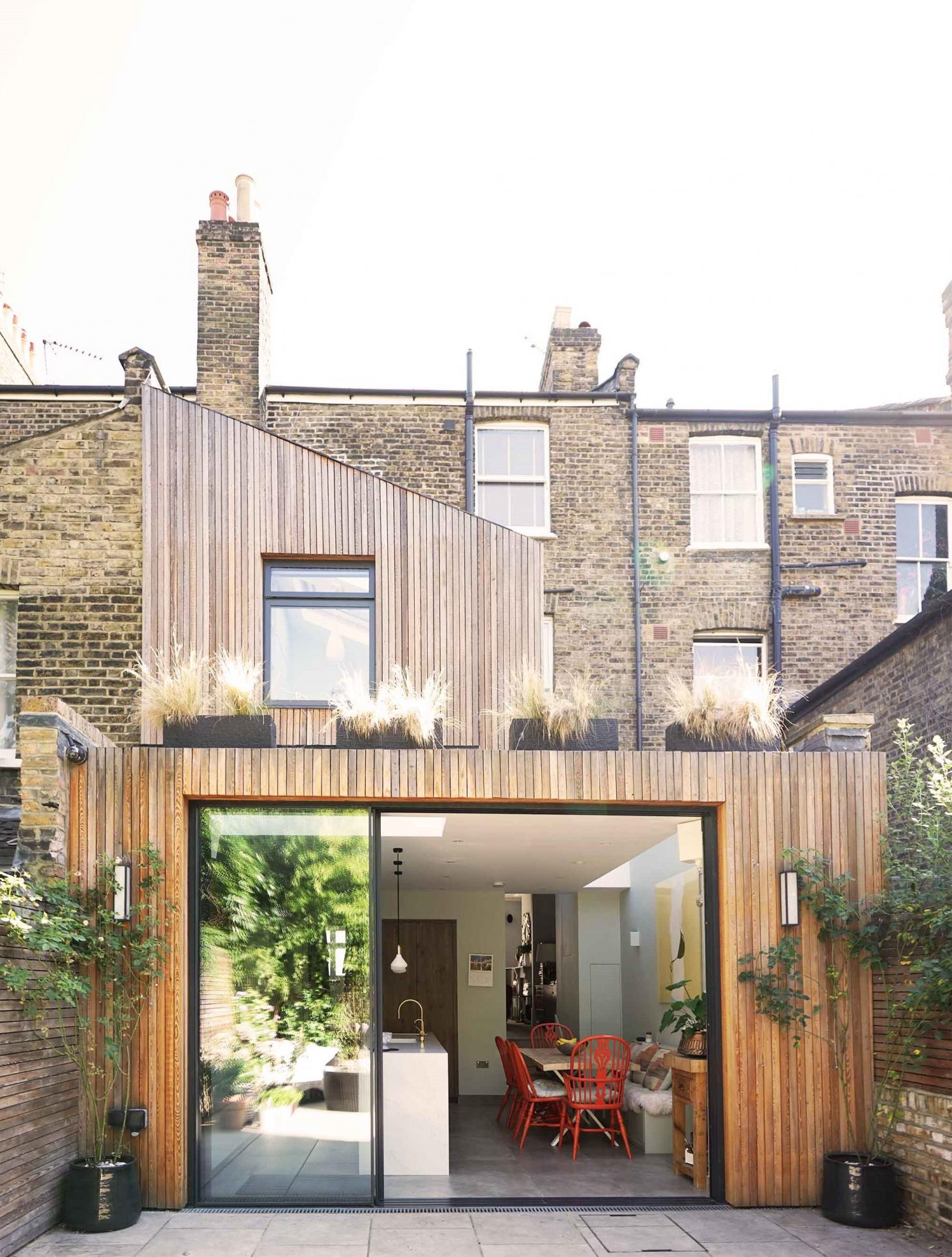
Larch House, London
The studio's process also supported a new progressive, female-led business – Cleveland and Co – to create an alternative type of law firm fit for the 21st century, with a collaborative non-hierarchical working ethos. The key in this case was bringing a sense of domesticity, customisation and flexibility into the office environment. Community and co-living schemes are currently in the pipeline at the firm.
Reid's considerate and subtle, yet innovative approach was spotted early on in her career, when in 2015 she won New London Architecture’s international competition ‘New Ideas for Housing', to help solve the country's ongoing crisis. Conceptual and theoretical work has always existed hand-in-hand with building and interiors commissions at Matter Space Soul, through research work and awarded grants by organizations such as the British Council for investigating topics such as gentrification, placemaking and social impact.
Tara Gbolade is a sustainability-minded emerging architect to watch
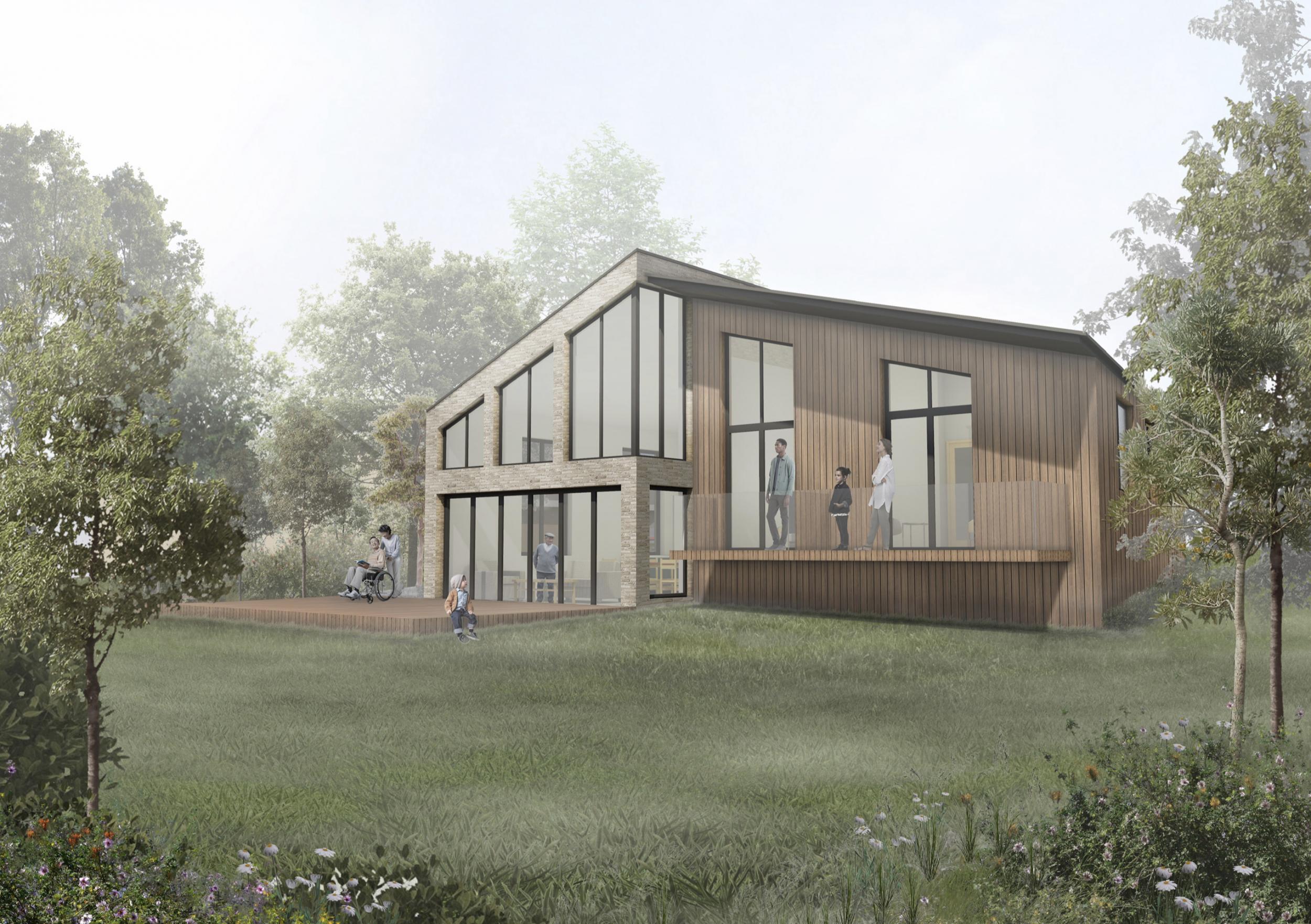
Reid is also a Fellow at international, interdisciplinary think-tank Centre for Conscious Design and she is co-curating (with Jenny Jones, Mark Bessoudo and Adalberto Lonardi) the 2020 London edition of a global conference taking place online on the 20-22 October – Conscious Cities. It is set to bring together leaders across academia, practice, and public and private organisations ‘to explore how human-centred and science-informed design can be used create healthier, equitable, innovative and sustainable cities.' Themed ‘Flourish', the event focuses on exploring how various intersections, a sense of connectedness and ecosystems help places and people grow and thrive. Emotional quality, wellbeing and the human experience are a recurring theme in Reid's work. ‘We believe that everyone should have the right to access places that enable them to flourish and grow in their lives,' she says. ‘Empathy is a really core value in our studio and process, so we aim to go beyond the most obvious of needs, and uncover solutions that attend to body and mind, and the stories we want the things in our lives to tell.' She adds: ‘There is a quote from Geoffrey Scott's The Architecture of Humanism, that inspires us - ‘The art of architecture studies not structure in itself, but the effect of structure on the human spirit.' There is a risk that, very broadly speaking, architectural practice can feel quite distant and removed from the reality and diversity of people’s everyday lives.' With efforts by studios thinking about architecture differently, such as Reid's, there is indeed hope to change this.
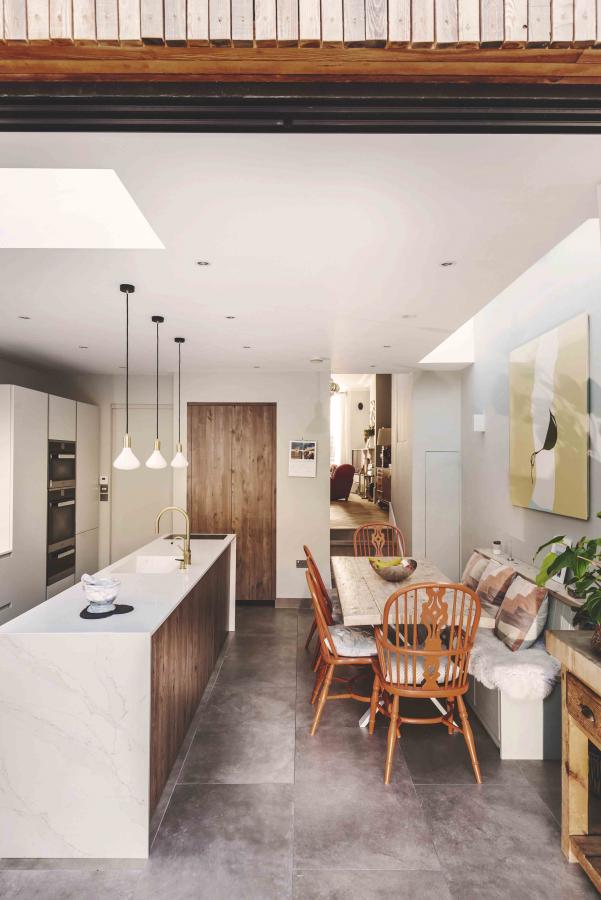
Larch House, London
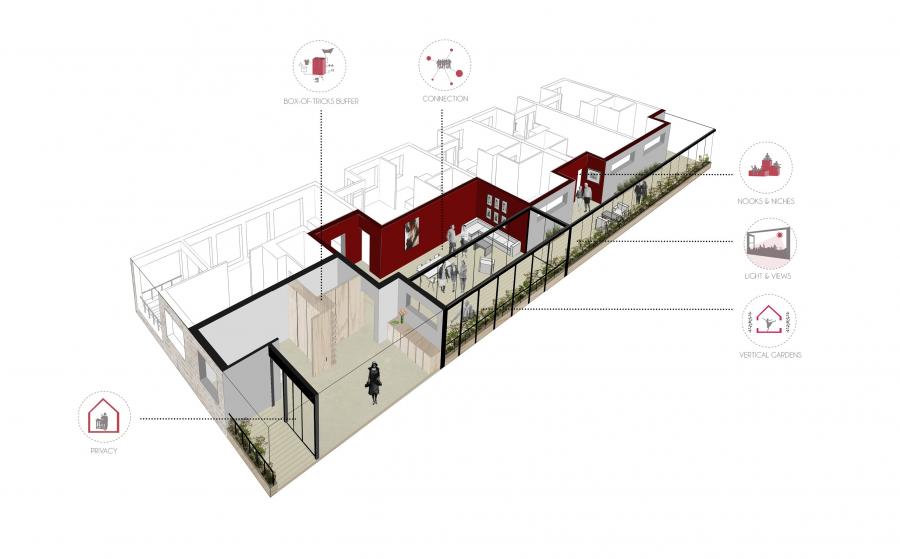
Cluster model: innovation in coliving, building communities and tackling loneliness
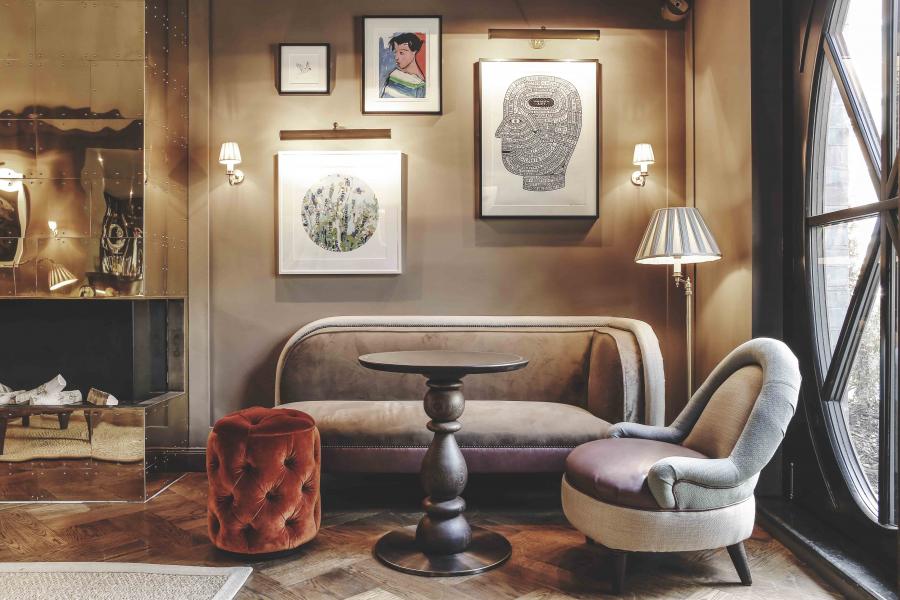
Mondrian Suites Hotel, Berlin
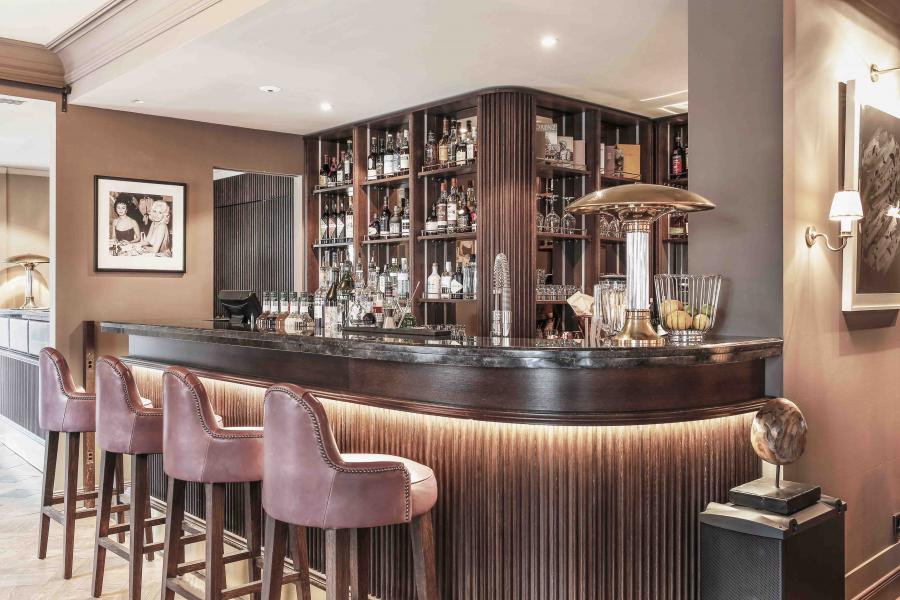
Mondrian Suites Hotel, Berlin.
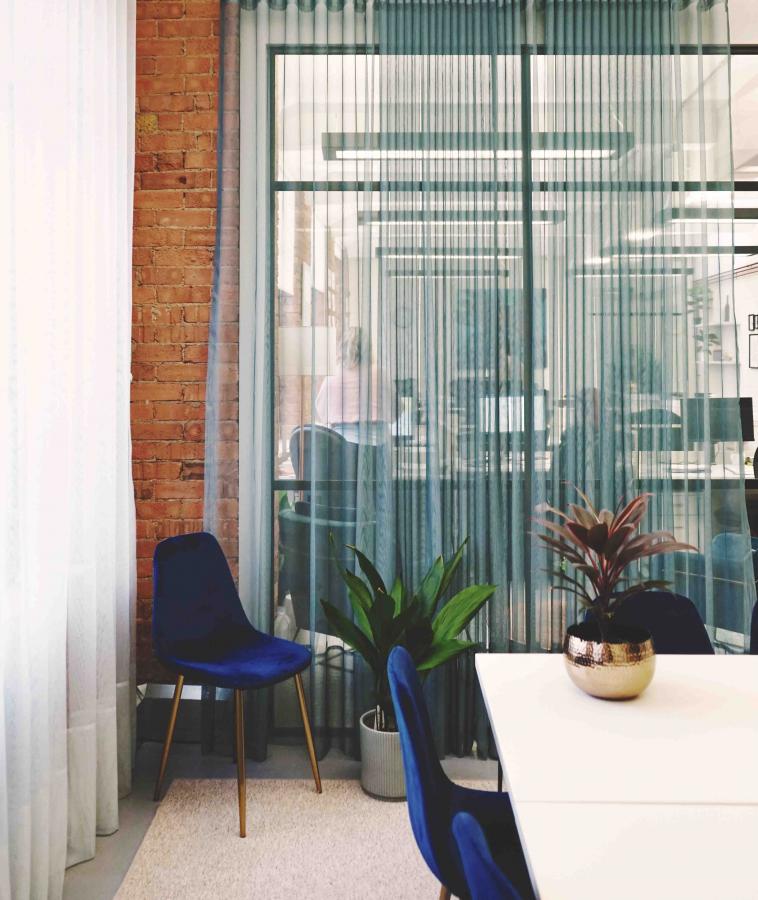
Cleveland & Co office, Bermondsey, London
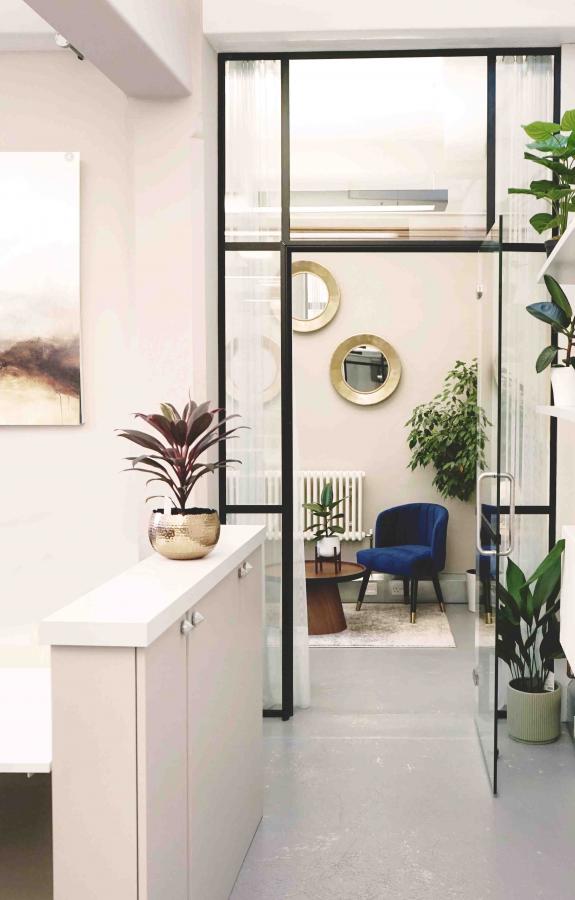
Cleveland & Co office, Bermondsey, London
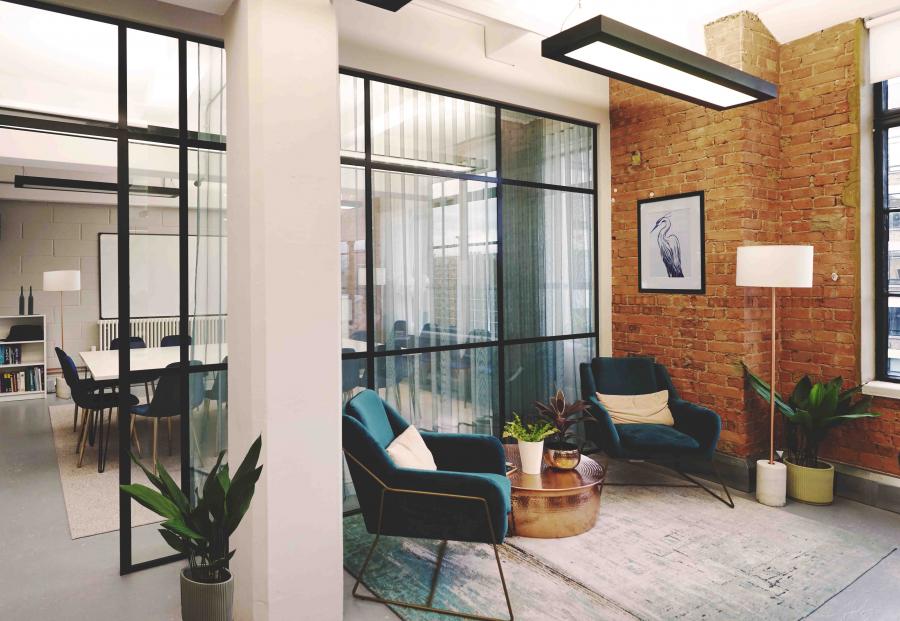
Cleveland & Co office, Bermondsey, London
INFORMATION
Receive our daily digest of inspiration, escapism and design stories from around the world direct to your inbox.
Ellie Stathaki is the Architecture & Environment Director at Wallpaper*. She trained as an architect at the Aristotle University of Thessaloniki in Greece and studied architectural history at the Bartlett in London. Now an established journalist, she has been a member of the Wallpaper* team since 2006, visiting buildings across the globe and interviewing leading architects such as Tadao Ando and Rem Koolhaas. Ellie has also taken part in judging panels, moderated events, curated shows and contributed in books, such as The Contemporary House (Thames & Hudson, 2018), Glenn Sestig Architecture Diary (2020) and House London (2022).
